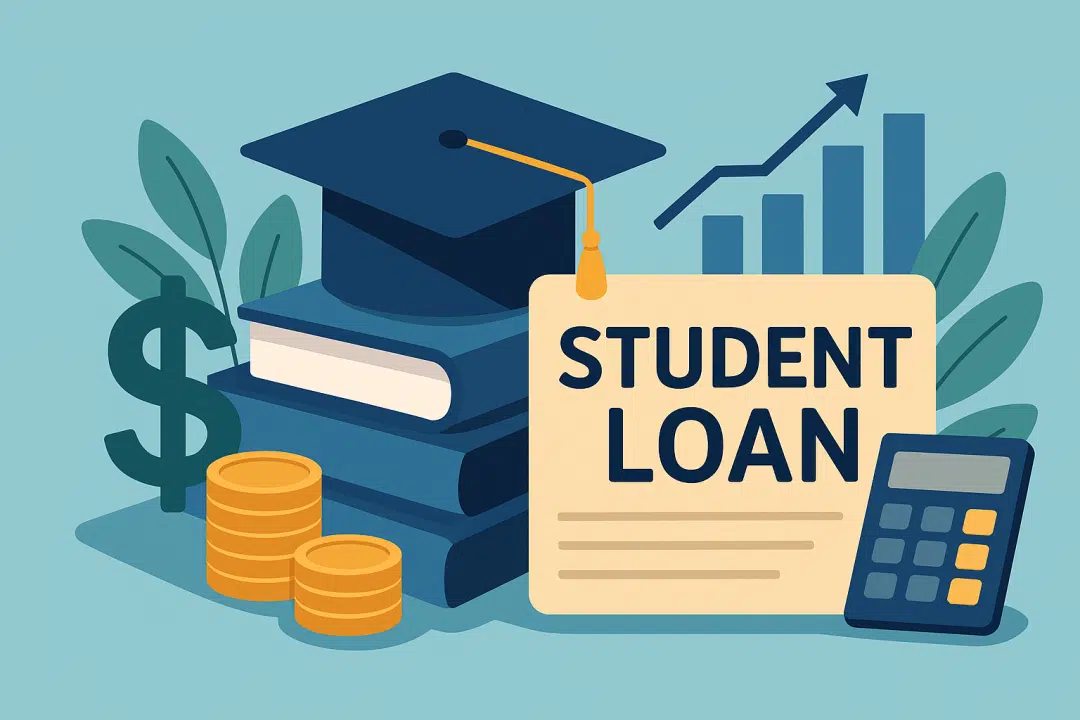
A sweeping bill introduced in Congress in May 2025—officially named the One Big Beautiful Bill Act—would make major changes to how Americans borrow and repay student loans. The proposal affects everything from loan forgiveness to Pell Grants, with wide implications for students, graduates, and colleges nationwide.
Student loan borrowing limits would tighten
The bill includes new caps on federal student loan amounts, especially for graduate and professional programs. Borrowing limits would be tied to the actual cost of attendance and future expected earnings. Colleges with high tuition and low return on investment could face new restrictions on student access to federal aid.
Loan repayment and forgiveness programs restructured
Borrowers would see significant changes in repayment options. The bill narrows eligibility for Public Service Loan Forgiveness (PSLF) and changes deferment and forbearance rules to prevent runaway interest and balance growth. The proposal would also revise loan rehabilitation programs for borrowers in default.
Workforce-focused Pell Grants introduced
The bill creates a new “Workforce Pell Grant” program, targeting short-term job training and vocational programs. It aims to redirect federal aid toward fields with faster employment outcomes. At the same time, the proposal would scale back some previously expanded Pell eligibility—for example, for incarcerated or part-time students.
Limits on future executive student debt relief
One of the most consequential changes in the bill is a provision limiting the U.S. Education Secretary’s authority to issue new student loan regulations or forgiveness programs through executive action. This would effectively block future broad student debt cancellation efforts unless passed by Congress.
What it means for borrowers
If enacted, the bill would:
- Reduce how much students can borrow
- Narrow access to forgiveness programs like PSLF
- Reshape Pell Grant access around workforce training
- Prevent one-time debt cancellation without legislation
Supporters argue the bill would increase accountability and reduce waste in federal education funding. Critics warn it could raise out-of-pocket costs and restrict access for low-income students.
The bill was approved by the House Budget Committee on May 20, 2025. It now awaits full House consideration and faces opposition in the Senate.
